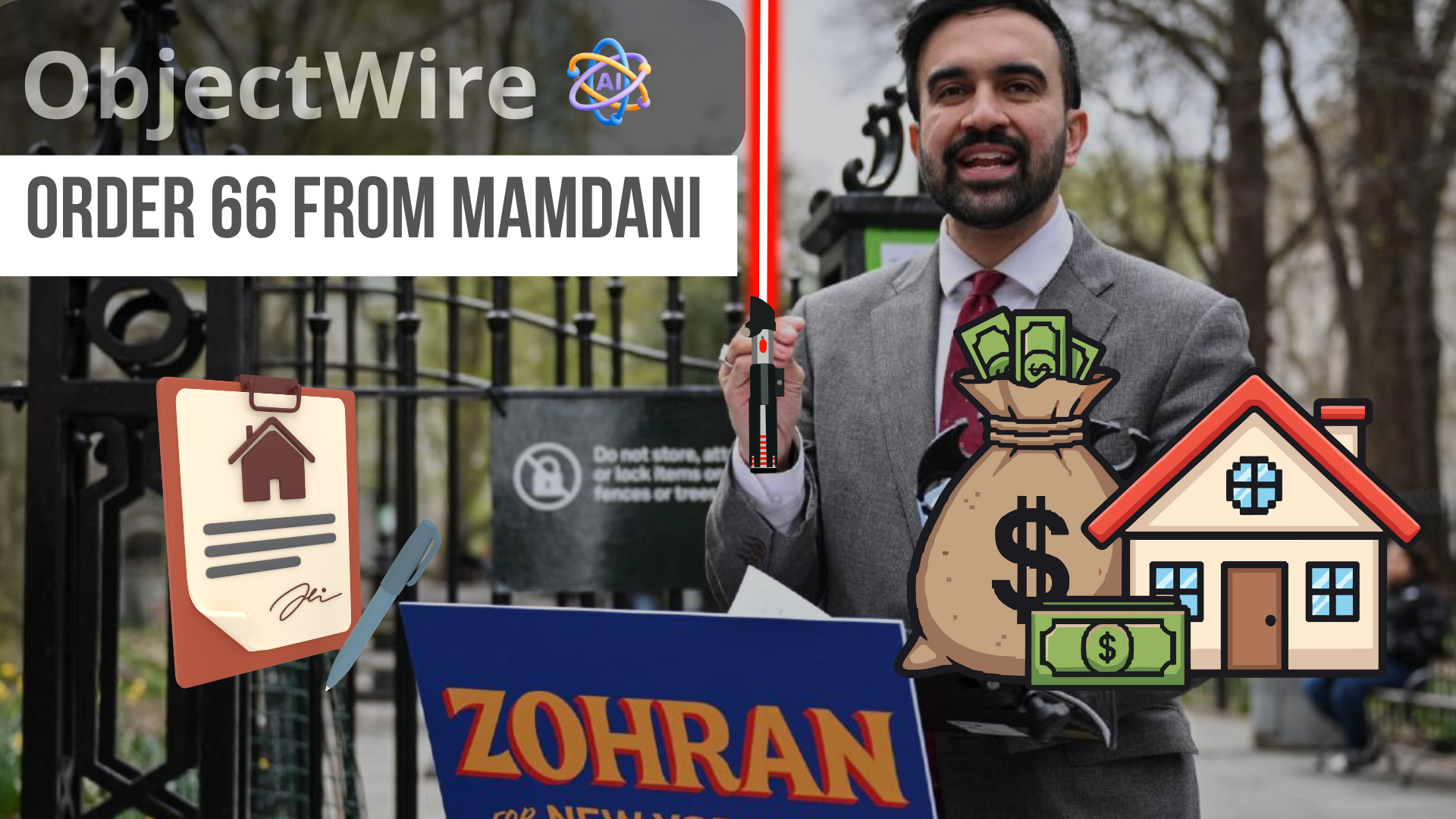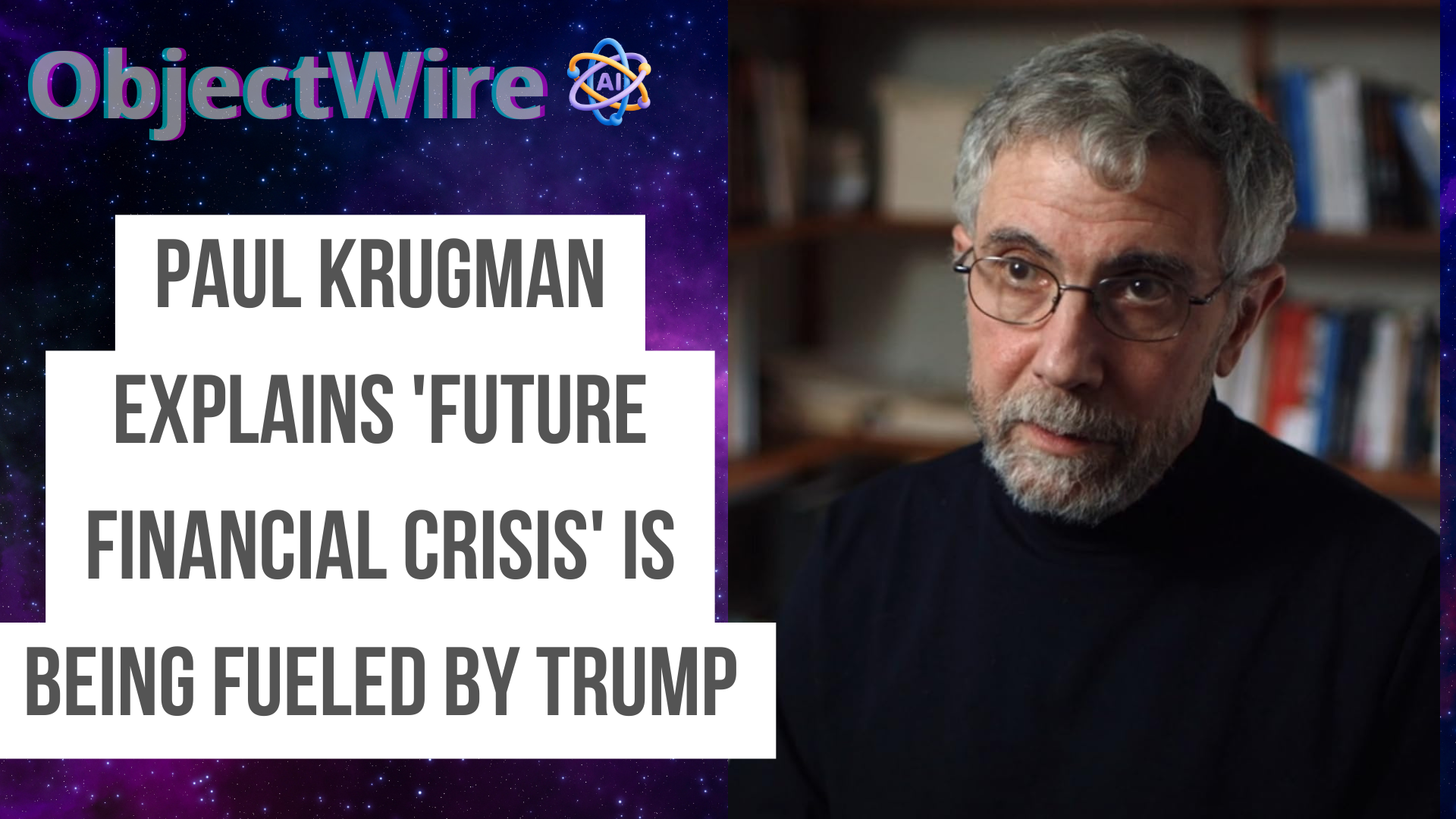NYC Department of Education catered over 745K of Caribbean Soul food From Fusion East
Imagine a school district spending nearly three-quarters of a million dollars on jerk chicken and plantains from one restaurant in a single year. That’s exactly what the NYC Department of Education (DOE) did in fiscal year 2025, channeling $745,823 to Fusion East, a Caribbean and soul food restaurant in Brooklyn. Flagged by City Comptroller Brad Lander, this expenditure has sparked outrage over fiscal oversight in the nation’s largest school district. Is this a commendable effort to support minority businesses or a glaring lapse in accountability? Let’s unpack the Comptroller’s report,
NYC Comptroller report shows shadowy dealings with Fusion East
On August 1, 2025, a New York report revealed the DOE’s $745,823 expenditure at Fusion East, citing expense records and communications obtained by the Comptroller’s office. The investigation, led by Deputy Comptroller Charlette Hamamgian, revealed a dramatic spending increase: $5,300 in 2022, $81,637 in 2023, $470,686 in 2024, and $745,823 in 2025—a 14,000% surge over three years.
The probe began with 13 invoices totaling $19,998 from Brownsville Collaborative Middle School for events between August 28 and September 6, 2024, most exceeding NYC Comptroller Directive #6 per-person spending limits. Further scrutiny uncovered $1.4 million spent at Fusion East since 2016, raising concerns about mayoral oversight. Is this an isolated issue or a symptom of deeper systemic flaws?
Breakdown of the $745,823 Caribbean Soul Food Expenditure
Of the $745,823 spent in 2025, $618,000 came from Brownsville Collaborative Middle School, with the remainder spread across other DOE schools.
The funds supported:
- Professional Development: Catering for educator workshops, including breakfasts and lunches for large groups.
- Administrative Meetings: Monthly DOE staff gatherings, often ordering Fusion East’s $5 special (jerk chicken, rice, and sides) for 200-300 people.
- Community Events: Student award ceremonies and parent engagement activities, leveraging Fusion East’s East New York location.
Fusion East, a Minority and Women-owned Business Enterprise (MWBE), aligned with Mayor Eric Adams’ goal to increase MWBE contracts.
Public and Official Reactions to DOE’s Fusion East Spending
The revelation ignited fierce reactions. Comptroller Brad Lander’s spokesperson, Sara Azcona-Miller, called the spending “glaring” evidence of inadequate oversight, noting that $745,823 could fund school supplies for countless teachers and students. On X, users like @NYCWatchdog labeled it “wasteful,” demanding audits, while @BrooklynParent acknowledged catering needs but questioned the scale, citing underfunded classrooms.
DOE officials, led by Chief Procurement Officer Elisheba Lewi, admitted in a March 18, 2025, response to Lander that Brownsville Collaborative violated purchasing rules.
Procurement Practices Under Fire in NYC Schools
The Fusion East case exposes flaws in DOE procurement. NYC Comptroller Directive #6 sets strict per-person spending limits, yet multiple invoices exceeded these, suggesting weak oversight. The DOE’s failure to conduct an agency-wide review of Fusion East transactions, as noted in its May 30, 2025, letter, raises concerns about systemic issues. Competitive bidding and transparent vendor selection could have identified cheaper alternatives, especially given Fusion East’s ties to Adams’ advisory boards.
Oversight and Accountability: A Call for Reform
Effective oversight is critical for the DOE, managing a $38 billion budget for 1,600 schools and nearly 1 million students. The Fusion East scandal reveals gaps in checks and balances, with Lander’s office pushing for stricter controls.
A 2025 poll found 65% of New Yorkers support tighter DOE oversight, reflecting public demand for accountability. This sentiment aligns with broader concerns about public spending, as seen in discussions about fraudulent charges impacting 26% of Americans in 2023.
Future Implications: Reforming NYC Education Spending
The Fusion East scandal could reshape NYC education spending policies. Potential reforms include:
- Enhanced Audits: Mandatory agency-wide reviews of vendor transactions to ensure compliance.
- Spending Caps: Stricter enforcement of Directive #6 limits to prevent excessive expenditures.
- Community Input: Engaging parents and teachers in budget priorities to align spending with educational needs.
The controversy may pressure Adams’ administration, facing a 2025 mayoral race, to prioritize classroom funding. Will this scandal spur meaningful change, or remain a cautionary tale?
Contact Us






